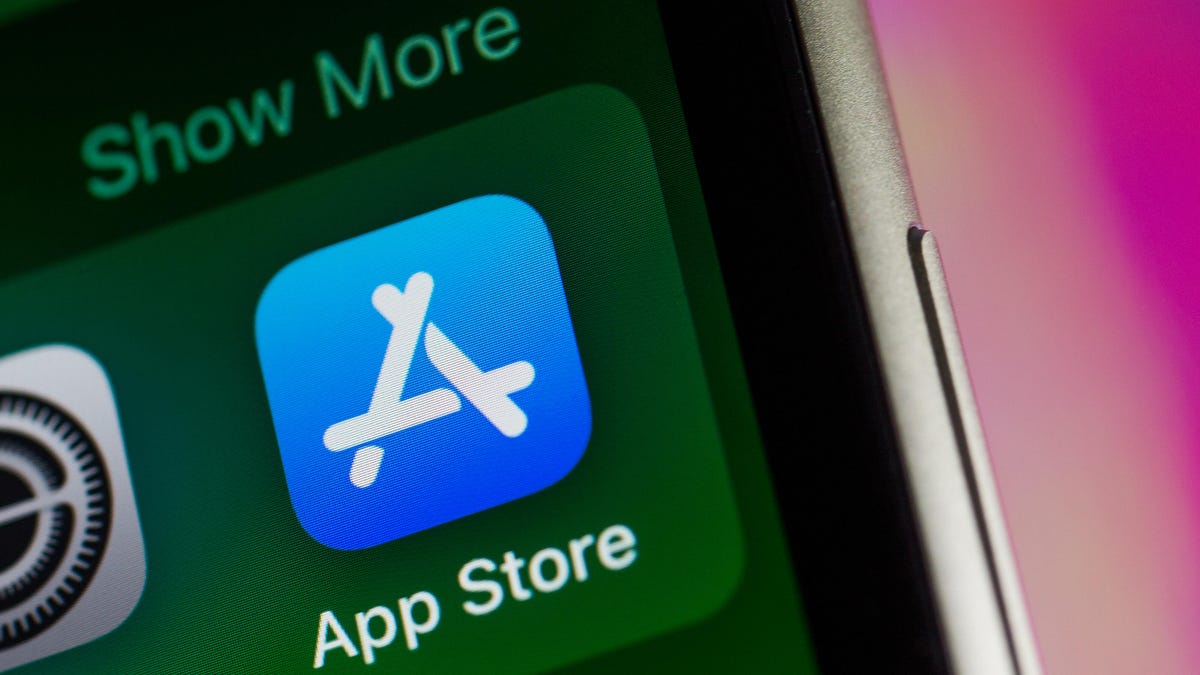South Korea's plan seeks to break Google, Apple's payment dominance
Apple and Google famously charge fees on every in-app purchase users make. Lawmakers in Seoul want to force the tech giants to compete.
Apple and Google are both currently embroiled in legal disputes with Epic Games over what the Fortnite-maker calls monopolistic in-app payment businesses, where developers are forced to give Apple and Google a chunk of all in-app payments. While a Californian court deliberates over the matter -- a verdict is expected later this year -- South Korea looks poised to pass a law that would force both Apple and Google to give developers choice over what payment systems they use.
The law comes in the form of an amendment to the Telecommunications Business Act, which was approved by a parliamentary committee on Wednesday morning, according to the Korea Times. A vote to enshrine the proposal into law, which would be a world first, is expected to come soon.
Apple and Google typically take up to 30% of each transaction that occurs within apps downloaded from their respective app stores. Companies like Spotify have claimed the practice hurts competition, while Epic Games was kicked off both the App Store and the Google Play Store when it implemented direct payments from user to Epic within Fortnite . With their lawsuits against Epic, both companies have cut the service fee to 15% for the first $1 million a developer generates each year.
Apple says that the law, in restricting Apple's control, will result in more risk for customers.
"The proposed Telecommunications Business Act will put users who purchase digital goods from other sources at risk of fraud, undermine their privacy protections, make it difficult to manage their purchases, and features like "Ask to Buy" and Parental Controls will become less effective," Apple said in a statement. "We believe user trust in App Store purchases will decrease as a result of this proposal—leading to fewer opportunities for the over 482,000 registered developers in Korea who have earned more than KRW8.55 trillion [$7.3 billion] to date with Apple."
Wilson White, Google's Senior Director of Public Policy, said in a statement: "While the law has not yet been passed we worry that the rushed process hasn't allowed for enough analysis of the negative impact of this legislation on Korean consumers and app developers."
Attention now turns to Washington, which has historically bristled at international governments regulating against its tech giants. However, President Joe Biden has spoken out for the need to regulate big tech and in July signed an executive order to spur more competition in the industry. The president ordered the Federal Trade Commission to establish rules on surveillance and on the accumulation of data, to bar unfair methods of competition on internet marketplaces and to prevent restrictions on allowing independent repair shops and DIY repairs on people's own equipment, also known as right-to-repair.


